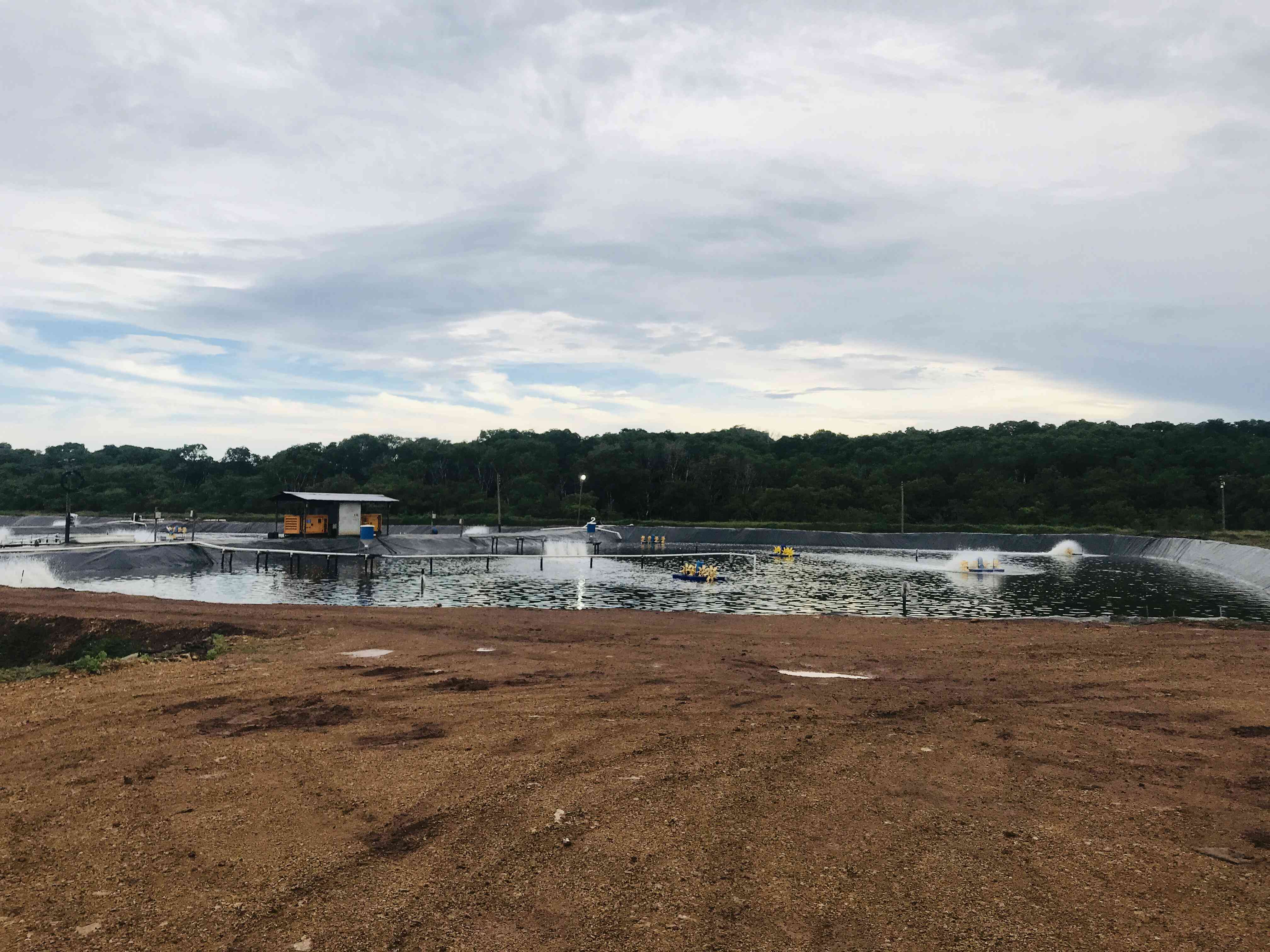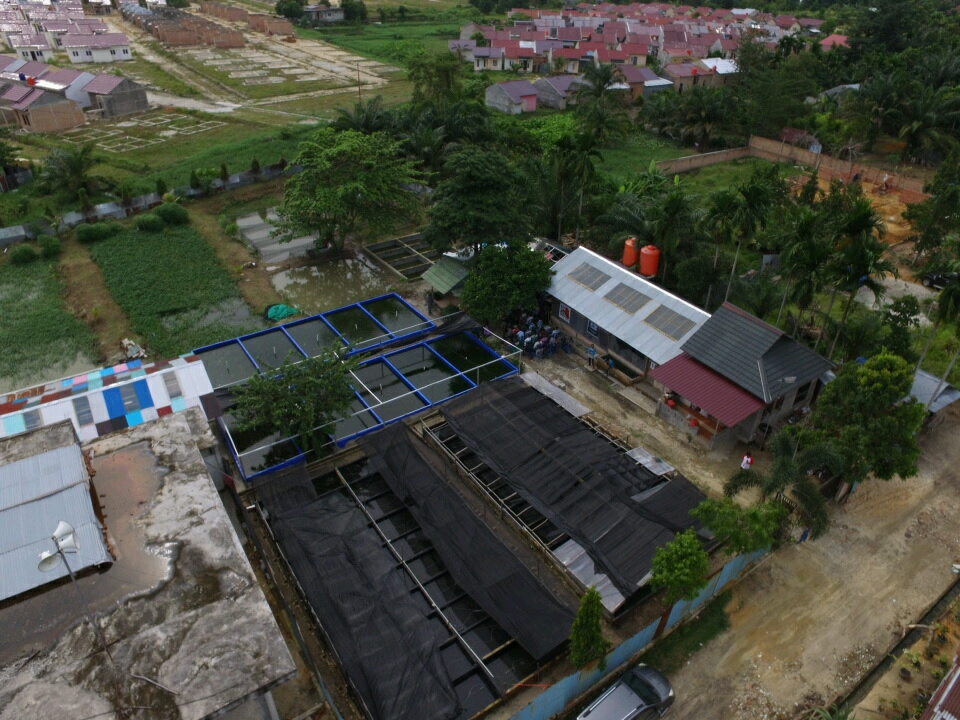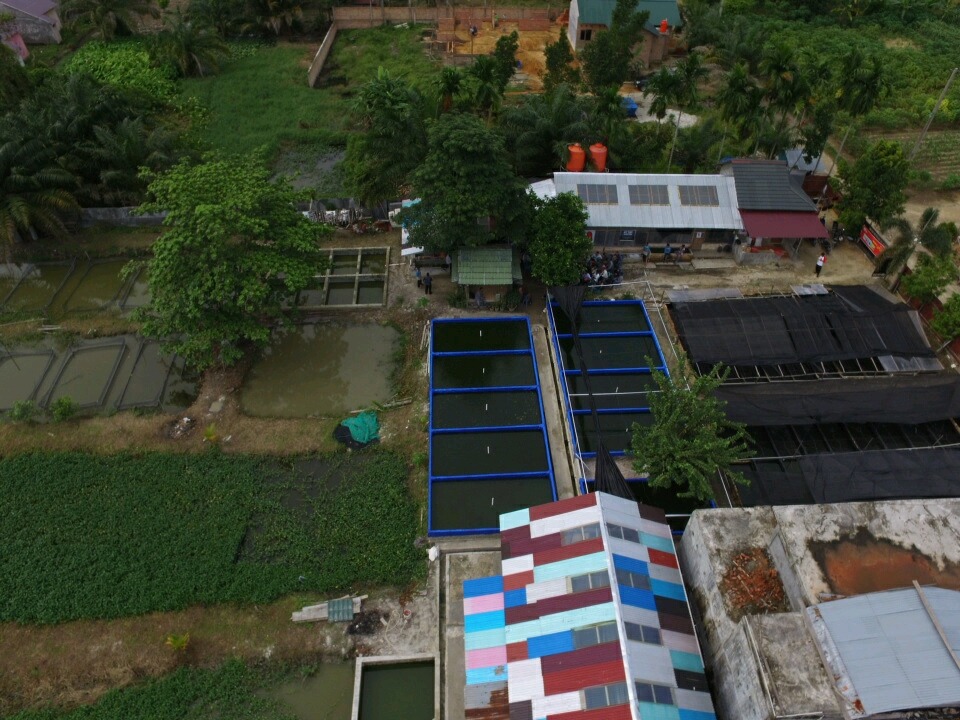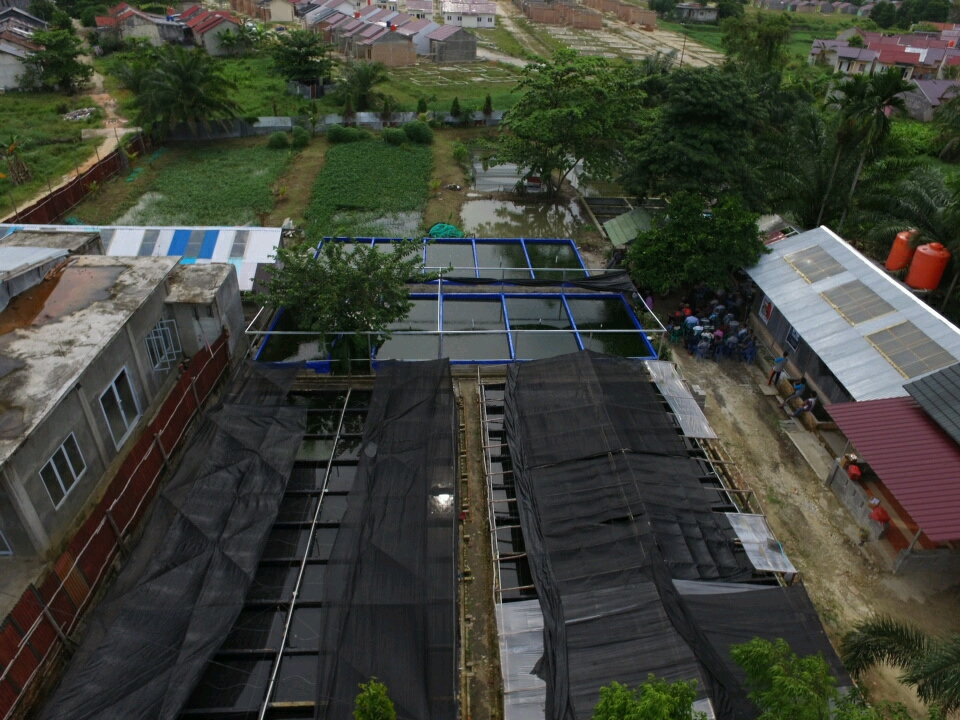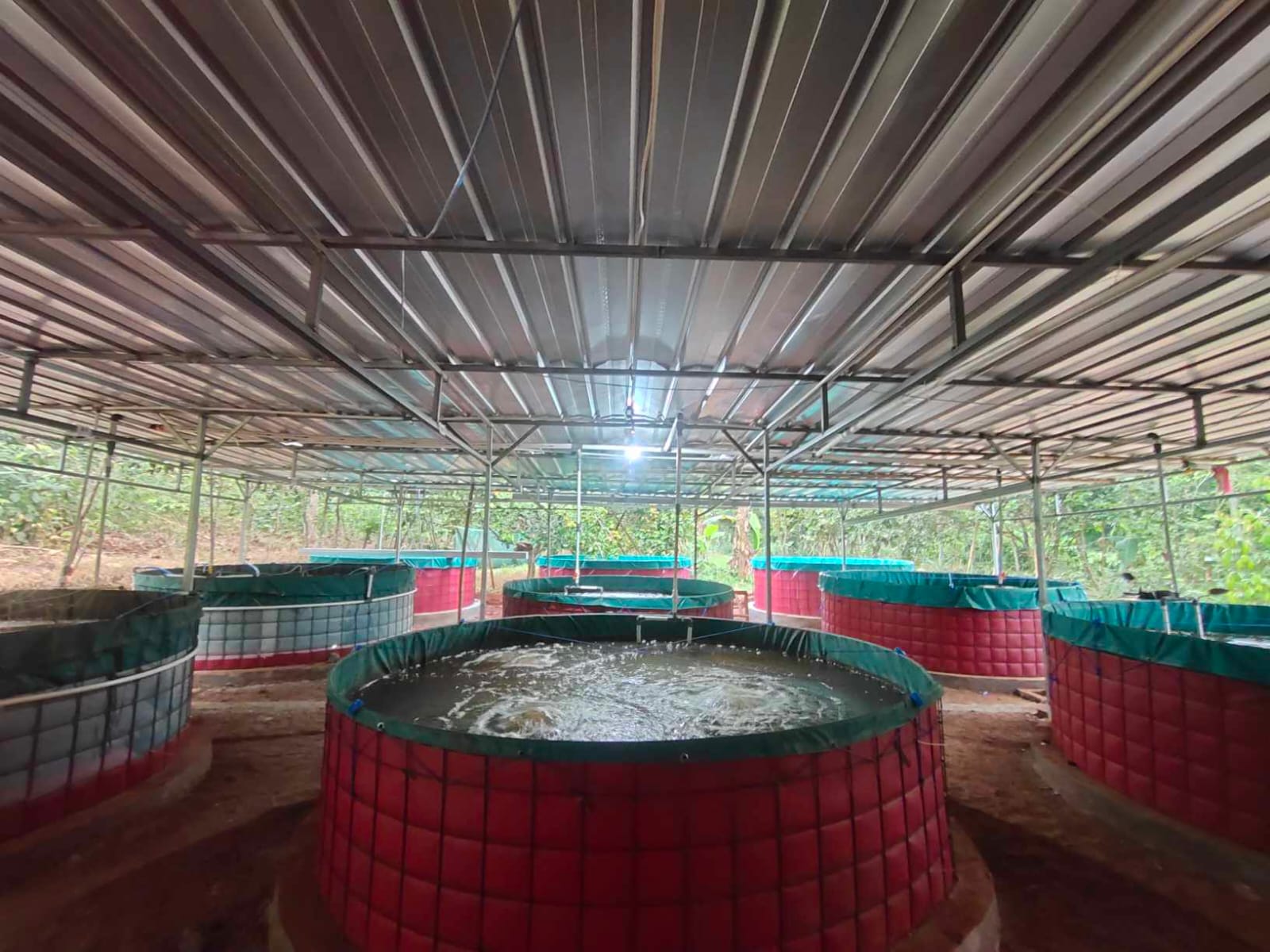Innovative maggot cultivation project; collaborative efforts in waste management and economic empowerment in Tasikmalaya City


Image Source : Biomagg
The Tasikmalaya City Government continues to strengthen its efforts to overcome the increasingly mounting waste problem. By utilizing local potential and collaborating with the private sector, especially Biomagg (Banglele Indonesia's partner), an innovative maggot cultivation project has been successfully implemented. The use of maggots, fly larvae, as a solution to reducing organic waste has become an innovation that has inspired many people in Tasikmalaya City.
Maggots are not only natural decomposers of organic waste, but are also a valuable asset in efforts to minimize the negative impact of waste on the environment. In the maggot cultivation project initiated by the Tasikmalaya City Government in collaboration with Biomagg, maggots have been proven to be an effective and sustainable alternative in managing organic waste. The first maggot harvest, which is a historical milestone in efforts to reduce waste in the City of Tasikmalaya, is an important moment that marks the strong commitment of the Tasikmalaya City Government in finding innovative solutions to environmental problems.
With the presence of the Acting Mayor of Tasikmalaya, Dr. Cheka Virgowansyah, this event is not only symbolic, but also provides a moral encouragement for the community to be actively involved in handling organic waste. The success in managing 1,436 kilograms or 1.4 tons of organic waste using maggots, not only shows the great potential of the maggot cultivation concept, but also provides new hope in resolving the increasingly worsening problems related to waste handling in Tasikmalaya City.
By involving the community directly in maggot cultivation, Cheka Virgowansyah emphasizes the importance of active participation in dealing with waste problems. Through this program, people who are involved in harvesting a certain number of maggots will receive rewards in the form of points which can then be exchanged for prizes, such as a TV or refrigerator. This not only provides an incentive for the community to get involved in waste management, but also increases awareness of the importance of protecting the environment.
Apart from contributing to efforts to reduce organic waste, maggot cultivation also opens up significant economic opportunities for local communities. With its ability as a source of high protein, maggots are an attractive choice as an animal feed ingredient. This not only provides a more economical alternative for farmers to meet their animal feed needs, but also opens up promising business opportunities in the agricultural and livestock sectors.
In the local economic context, business opportunities resulting from maggot cultivation provide a sustainable positive impact. Local breeders can reduce their production costs by using maggots as animal feed, which in turn increases the efficiency and productivity of their livestock businesses. In addition, with the increasing demand for maggots as animal feed, maggot cultivators also have the opportunity to increase their income through selling maggots to local and regional breeders.
In an effort to expand the project's impact, the Tasikmalaya City Government plans to add maggot harvest locations. Cheka Virgowansyah said that this project is still in its early stages, but is optimistic that with solid cooperation between the government, community and private partners such as Biomagg, this project can develop into a bigger and more sustainable one.
The maggot harvest process witnessed by the Mayor of Tasikmalaya
Even though the journey to reduce waste in Tasikmalaya City is still long, concrete steps such as maggot cultivation are clear evidence of the government and community's commitment to creating a cleaner and healthier environment. Every contribution, no matter how small, is considered important in achieving the common goal of reducing waste and restoring the image of Tasikmalaya City as a clean city.
From an environmental point of view, maggot cultivation also provides additional benefits. Maggots are natural decomposers of organic waste which help reduce greenhouse gas emissions resulting from burning organic waste. Thus, this project also contributes to climate change mitigation and strengthening the environmental resilience of the City of Tasikmalaya.
As a form of collaboration between the public and private sectors in waste management, the maggot cultivation project in Tasikmalaya City is an inspiring example for other regions to adopt innovative solutions in waste management. This project has proven that with the right determination and collaboration, environmental issues such as waste management can be addressed effectively while having a positive impact on local communities and economies.
In an era of uncertain climate change and increasing awareness of the importance of protecting the environment, this project is a clear example of how innovation and collaboration can produce sustainable and effective solutions for a better future. Maggot cultivation is not just a temporary solution, but is also a long-term investment in maintaining environmental sustainability and community welfare.
The maggot cultivation project in Tasikmalaya City not only provides benefits in waste management and economic empowerment, but also has the potential to expand its impact to various other sectors. For example, the use of maggots as animal feed can increase local livestock production and help overcome the problem of animal feed availability which is often an obstacle for livestock farmers.













